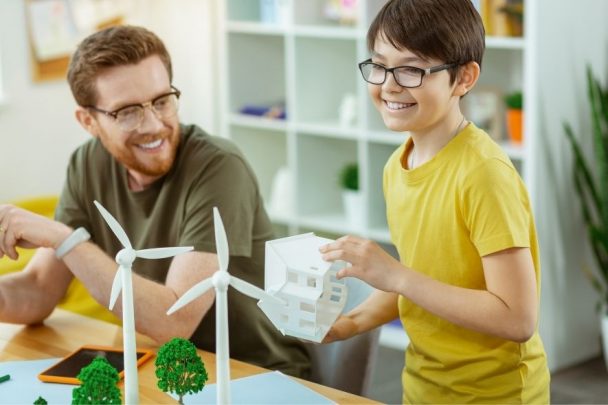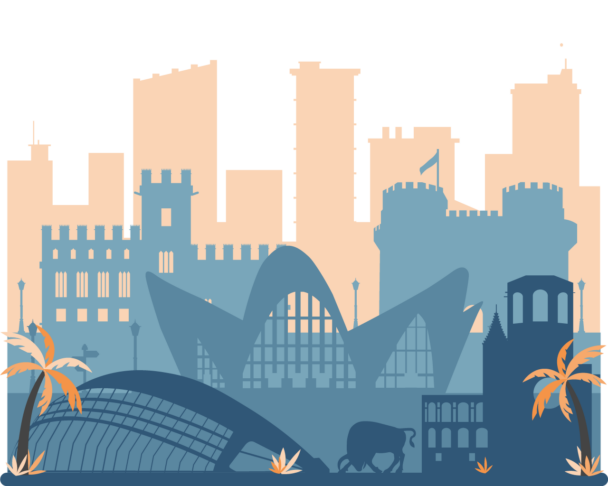Description
Environmental issues and climate change are taking on growing importance, both on a global and local scale. Teachers and students perceive the urgency of environmental protection but sometimes they don’t have deep knowledge about the most relevant topics, and often feel unarmed when it comes to making any change or taking action, even in their own communities.
However, education is a key factor in how citizens relate and act in regard to the environment. Teachers’ and learners’ awareness, initiative, and action can constitute the premises for a brighter future.
In this course, participants will reflect on the role that education plays in environmental awareness and conservation. They will gain a deeper understanding of the most significant threats to our ecosystems, learn strategies to teach environmental respect, and explore ways to connect school curricula to environmental preservation.
In addition to that, participants will have a chance to design practical activities aiming to make a significant, positive impact in their schools or broader communities.
By the end of the course, participants will be more informed as to the main notions and issues connected to ecologies, such as biodiversity, pollution, climate change, and sustainability.
As a consequence, they will feel more confident in managing their pupils’ debates about those topics, as well as in communicating with the school staff and community stakeholders.
Participants will have acquired practical tools to engage learners in understanding the fragility of our ecosystems and the importance of the responsibility of the citizens and will feel prepared to build good practices and policies for more eco-friendly societies.
What is included
Learning outcomes
Participants in the course will learn to:
- Be better prepared for dealing with educational challenges posed by environmental breakdown and sustainability;
- Bridge knowledge gaps on environmental sustainability;
- Implement efficient policies in school administration;
- Communicate with colleagues and learners about environmental topics;
- Address the disconnect between environmental destruction and its relevance;
- Show the importance of teaching this subject to young learners;
- Make education center staff and organizations more eco-friendly;
- Show how to engage learners in the topic of sustainability and the environment;
- Promote awareness of practical steps that can be taken to make your school plastic-free.
Tentative schedule
Day 1 – An Introduction to Sustainability and Climate Change Education
- Introduction to the course, the school, and the external week activities;
- Icebreaker activities;
- Presentations of the participants’ schools;
- Learner-centered discussion and schools’ mindsets on sustainability and climate change education in programs.
Day 2 – Pollution – Plastic and Fast Fashion
- Plastic action – examining the causes and effects of plastic pollution;
- Solutions to the plastic crisis and how we can play our part;
- Fast Fashion- Learn about the environmental and human impacts of the fast fashion industry.
Day 3 – Biodiversity Loss, Food & Soil
- Biodiversity and habitat destruction workshop – problems and solutions;
- Follow-up discussions on the implementation of solutions.
Day 4 – Sustainable Transport and Climate Justice
- Highlighting the main obstacles to change;
- Explore how we can take positive action to achieve sustainability.
Day 5 – Taking Action
- Planning student projects and creating new policies in schools.
Day 6 – Course closure & cultural activities
- Course evaluation: round-up of acquired competencies, feedback, and discussion;
- Awarding of the course Certificate of Attendance;
- Excursion and other external cultural activities.













